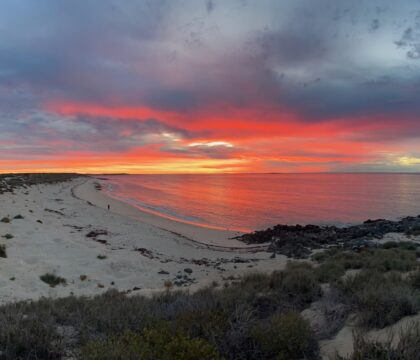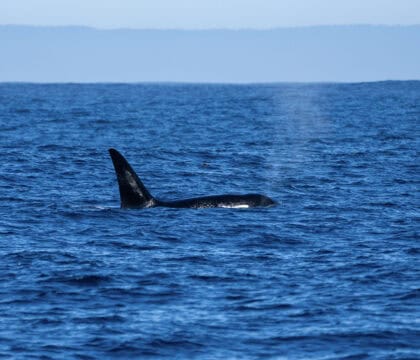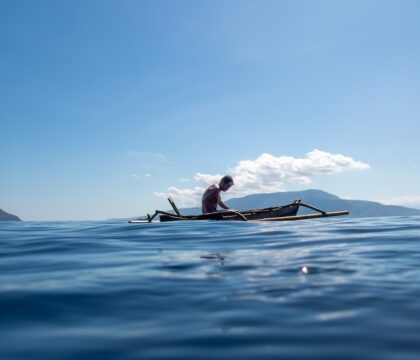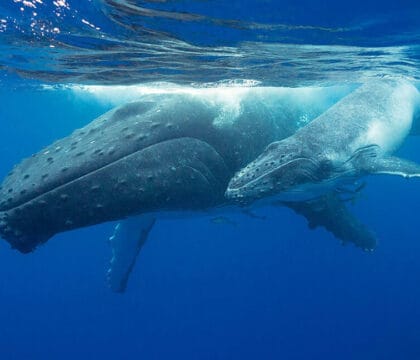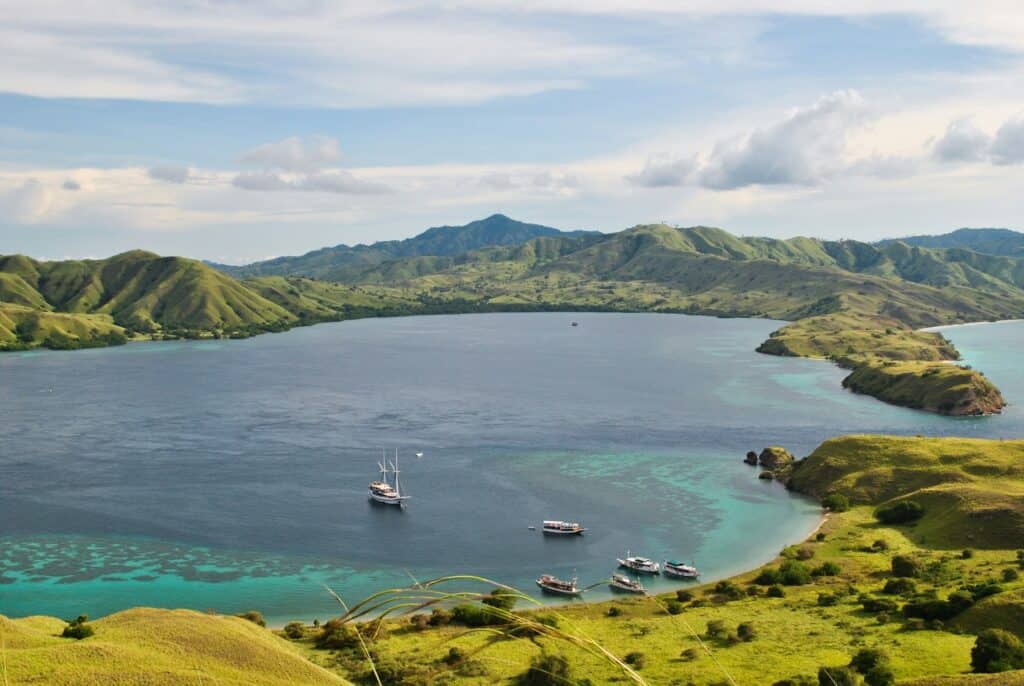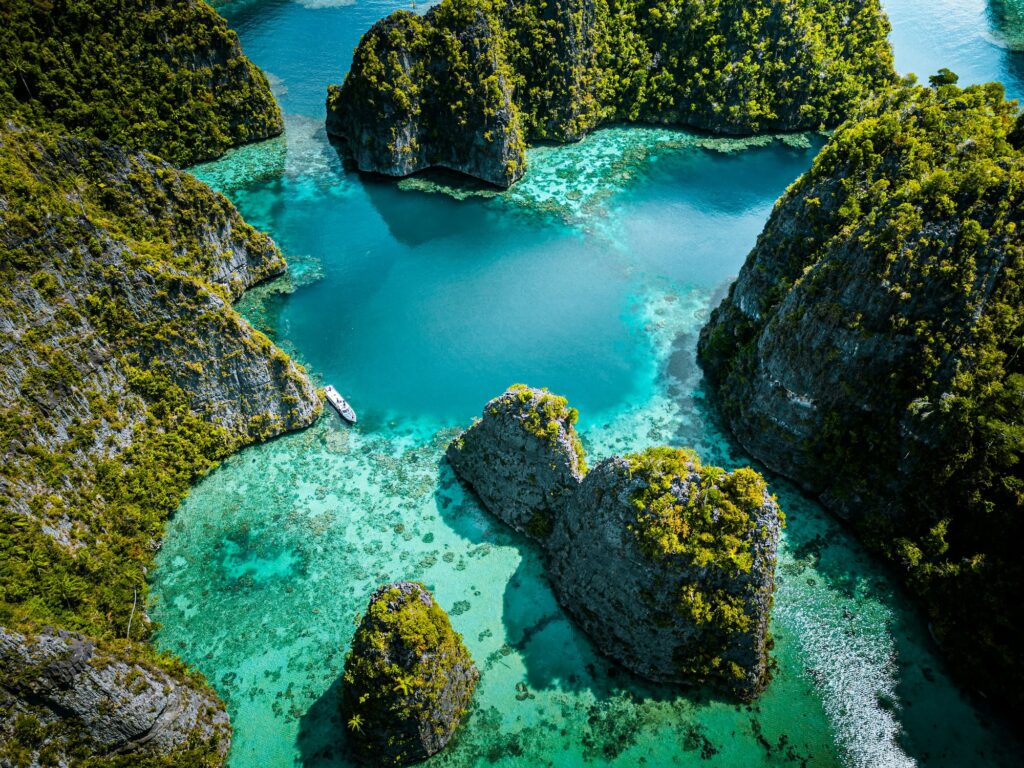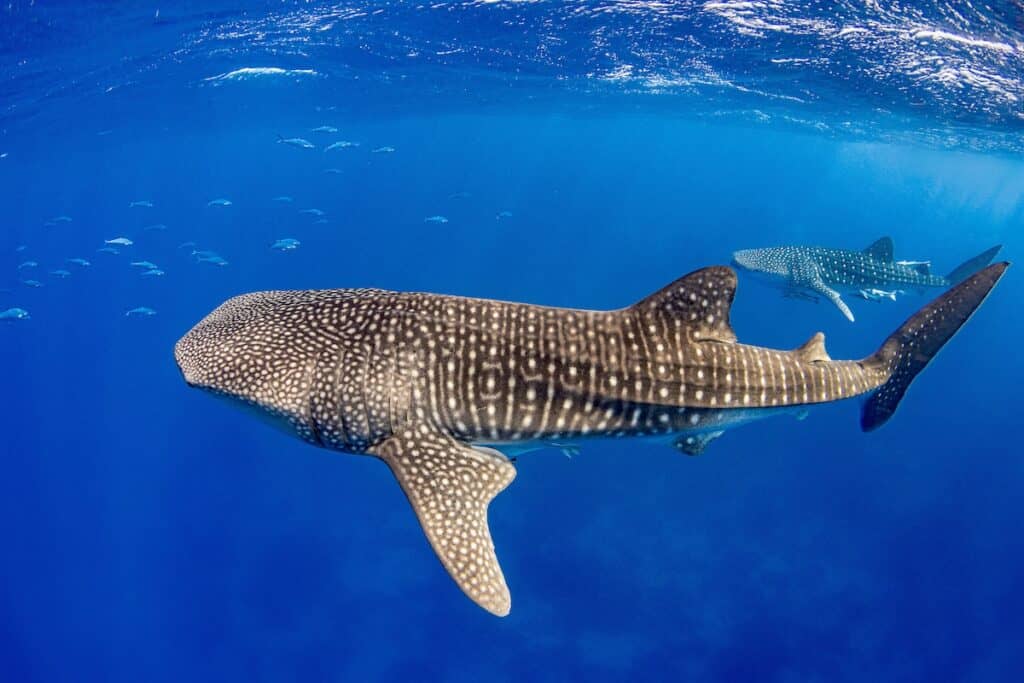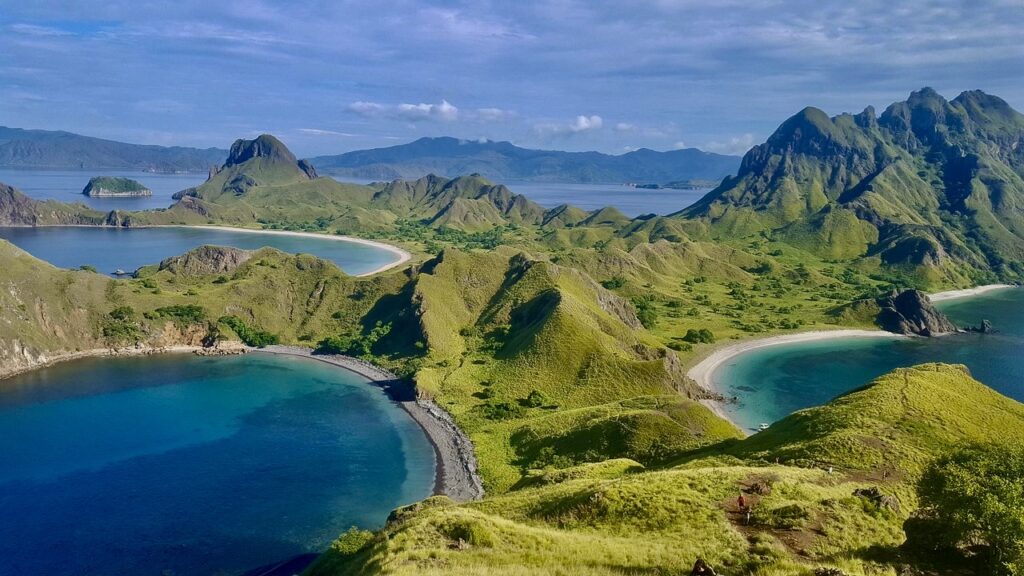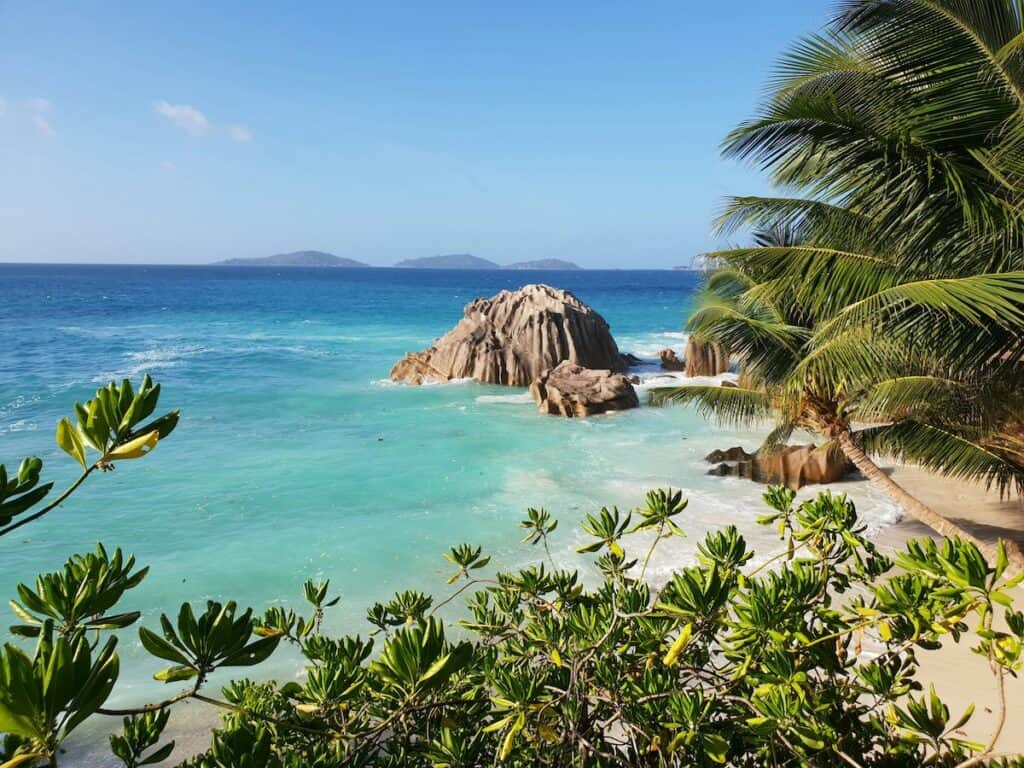September 3, 2018 • News Announcements
Plastic pollution is one of the greatest threats to ocean health worldwide. With skyrocketing plastic production, low levels of recycling, and poor waste management, between 4 and 12 million metric tons of plastic enter the ocean each year—enough to cover every foot of coastline on the planet! Scientists estimate that more than half of the world’s sea turtles and nearly every seabird on Earth have eaten plastic in their lifetimes. And the problem is only getting worse.
Individuals, governments, non-profits, and corporations must work together urgently to address this unprecedented environmental challenge. To that end, Oceanic Society is excited to be teaming up with SodaStream to not only raise awareness about the increasing threat of plastic pollution in our oceans, but also to propel people everywhere to commit to reducing their single-use plastic consumption.
Join us by pledging to reduce your single-use plastic consumption.
Today, SodaStream unveiled an installation in New York City’s Flatiron Plaza in partnership with Oceanic Society that starkly symbolizes the current state of the plastic pollution crisis and highlights the global impact of single-use plastic on our oceans. The installation, titled “Drowning Liberty,” consists of a 20-foot replica of the Statue of Liberty, trapped inside a steel cage packed with single-use plastic bottles. Drowning Liberty is placed to draw maximum attention to this issue, and will be visiting other locations in the future.
As part of the campaign, SodaStream and Oceanic Society have also created a sustainability pledge for people to sign as they commit to decreasing their contribution to global plastic pollution. The first 10,000 people to sign the pledge will receive a free, limited-edition reusable SodaStream carbonating bottle to support their efforts to “go reusable.” SodaStream will also be donating 10% of sales made on www.SodaStream.com from September 3 through September 9 to Oceanic Society in support of our ocean conservation programs.
Committing to use a reusable bottle instead of single-use plastic bottles has positive impacts to the planet beyond the problem of ocean pollution. Each year, in the U.S. alone, more than 17 million barrels of oil are used in the production of plastic bottles, and that doesn’t include the energy used to transport and refrigerate them. Using a reusable bottle will reduce the production of harmful greenhouse gases that contribute to global climate change.
What Can I Do to Reduce Plastic Pollution?
Beyond reducing your consumption of single-use plastic items such as bottles, utensils, bags, straws, cups, takeout containers, and others, there are many things that you can and should do to help reduce ocean plastic pollution right away. These include:
- Participating in (or organizing) beach or river cleanups;
- Supporting legislation that reduces plastic waste;
- Avoiding products containing microbeads;
- Encouraging businesses you frequent to seek alternatives to single-use plastic;.
- Recycling properly (learn what your local recycling plant is able to accept);
- Spreading the word;
- Supporting organizations working to reduce and eliminate plastic pollution.
For more advice on reducing your plastic footprint, see our guide to 7 Ways You Can Reduce Ocean Plastic Pollution Today.
Beyond Plastic Pollution—Adopting Blue Habits
Beyond plastic pollution, there are a number actions that you can take reduce your impacts on ocean health in your daily life and during your travels. For more information about other ways to contribute to healthy oceans through your consumer choices, sign up for updates from our Blue Habits Program, which aims to help people live more ocean-friendly lives.

